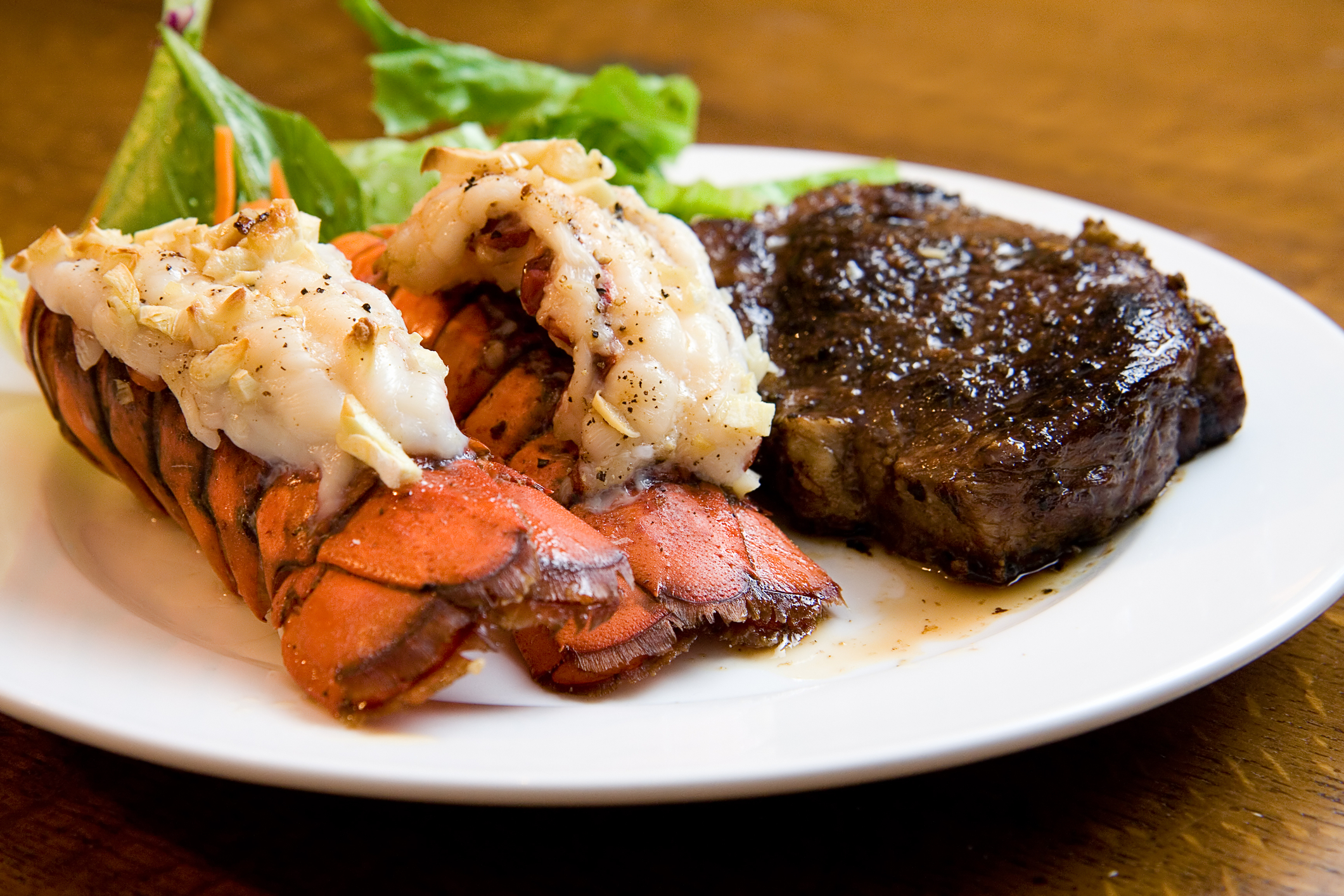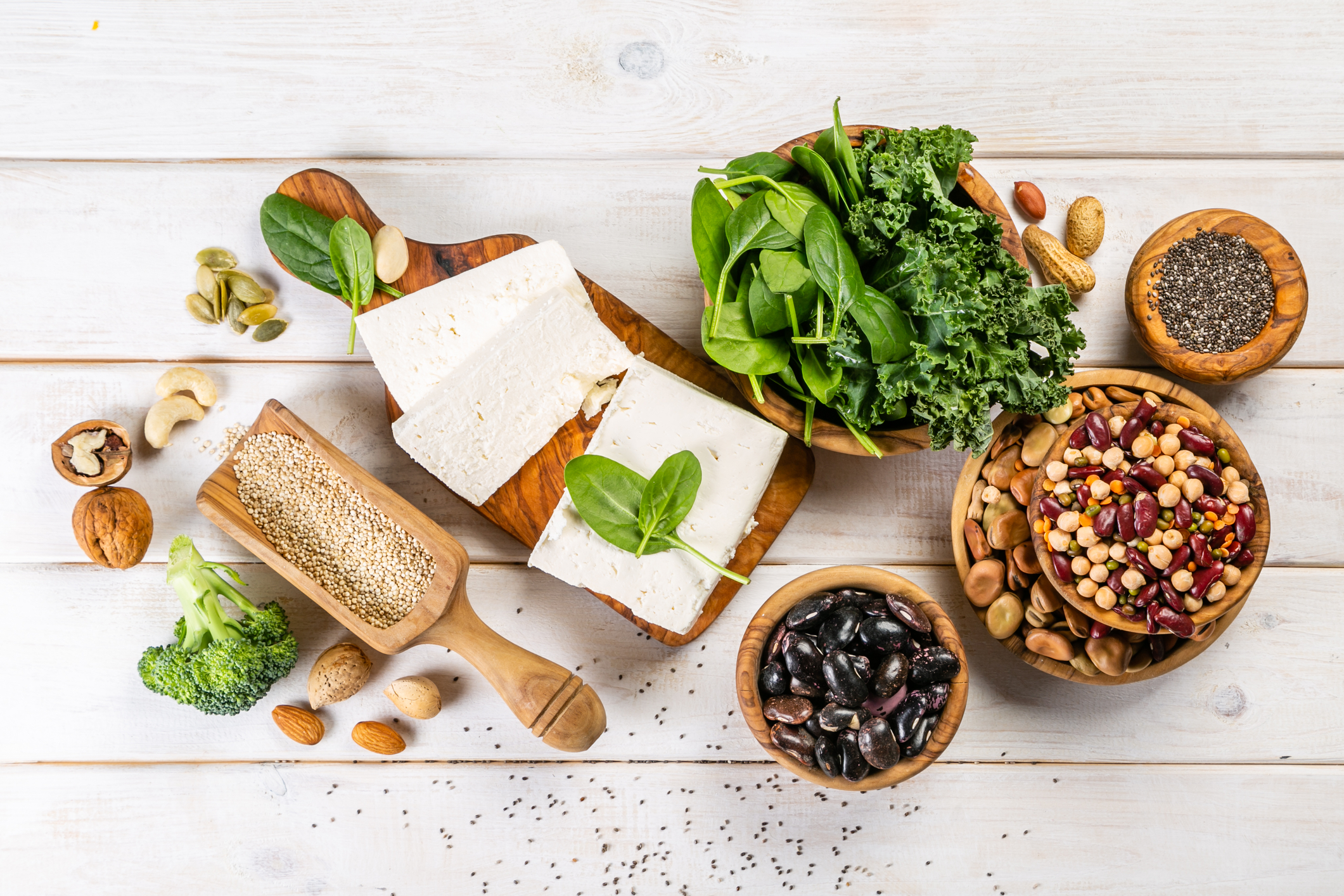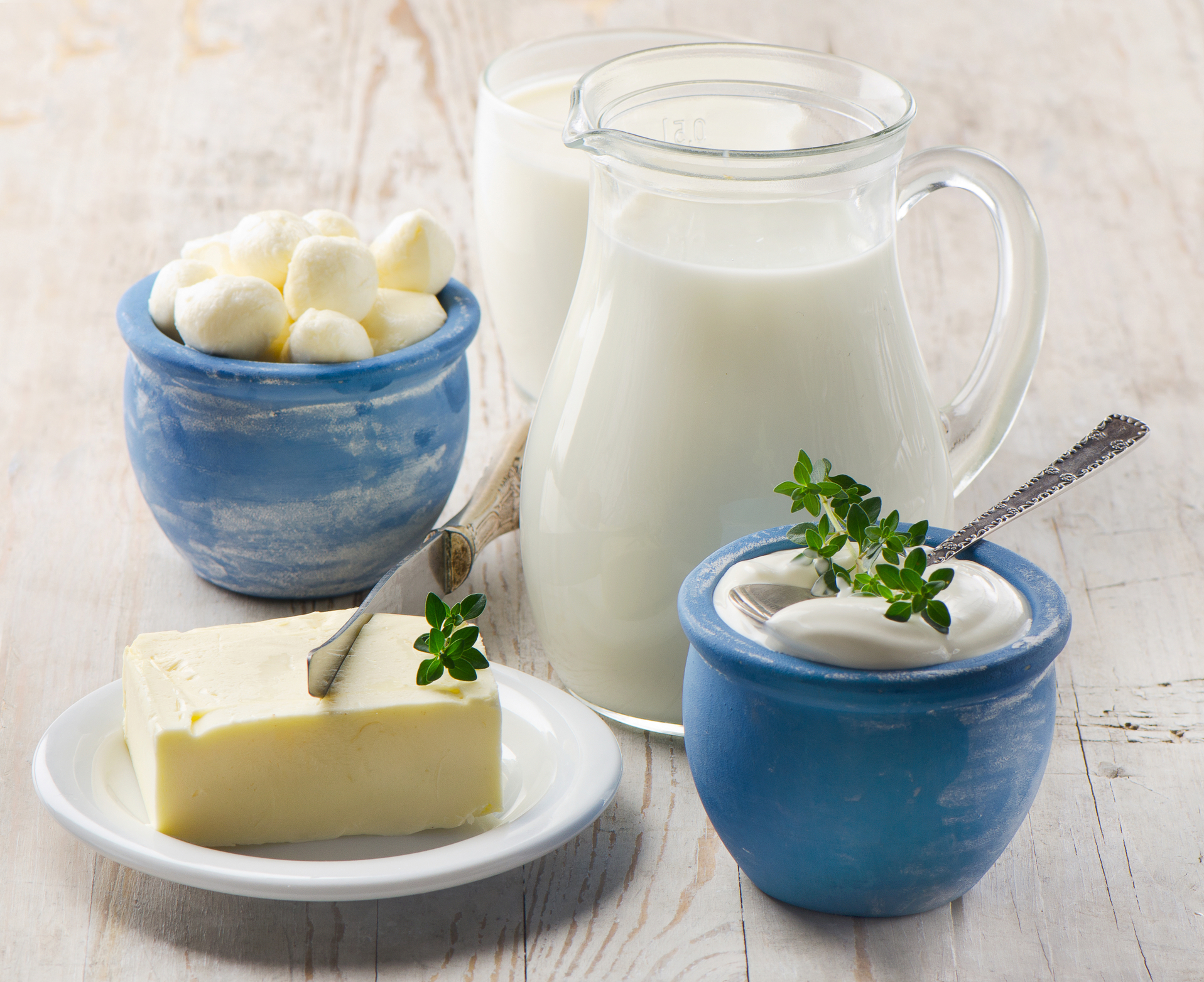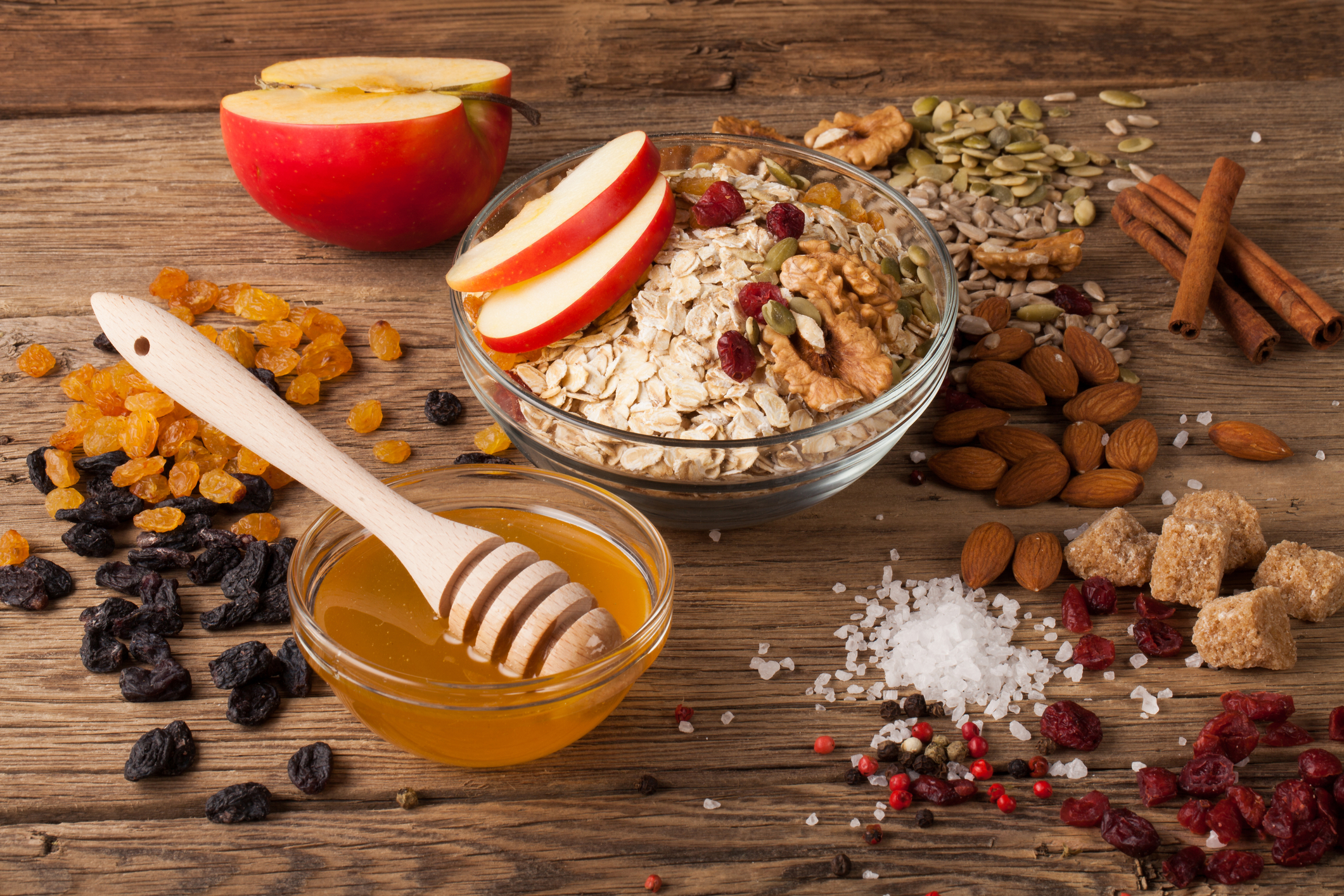Feasting on the Five: A Delectable Dive into High Protein Foods That Fuel Your Fitness
We are well aware of proteins being the quintessential building blocks for our body, with a myriad involvement in body functions, ranging from muscle development to hormone synthesis. However, fitness enthusiasts often consider protein to be their heavyweight gym buddy - a reliable partner in their journey towards a toned and fit physique. So let’s start our delectable dive into high protein foods that fuel your fitness.
As athletes or workout enthusiasts, we have unique dietary requirements, and protein assumes a significant role in this equation. Protein helps repair and rebuild muscle tissue damaged during workouts. It also supports the synthesis of new muscle fibers, resulting in muscle growth, which is often a critical goal for those frequenting the gym.
Your daily protein intake predominantly depends on multiple factors, such as your weight, age, gender, workout intensity, and individual metabolic requirements. As per the dietary guidelines by the American Dietetic Association, a healthy adult engaged in regular vigorous exercises should consume between 1.2 to 2.0 grams of protein per kilogram of body weight. Let’s delve deeper and explore the foods that can help you reach this target.
Meat – A Traditional Source of High-Quality Protein

When searching for high protein sources, lean meat claims one of the top spots. Chicken, turkey, lean beef, and other lean meats are loaded with essential amino acids needed to stimulate muscle protein synthesis.
Lean meats deliver high-quality protein and several other nutrients that are beneficial for individuals engaged in regular exercise. They provide iron, which improves oxygen transportation in the body, and selenium, crucial for repairing damaged cells.
However, it is crucial to prepare the meat in a healthy way to reap these benefits. Opt for grilling, broiling, or other methods that don't involve copious amounts of fat.
Seafood – A Sea of Protein-Rich Choices

Seafood is an excellent protein source, particularly for those maintaining a lean diet. Fish like salmon, tuna, and halibut provide an ample amount of protein along with omega-3 fatty acids, recognized for their anti-inflammatory properties.
These fats help to reduce inflammation caused by strenuous workouts, helping the body recover faster. Additionally, the presence of minerals like iodine and zinc contribute to thyroid function and immune health, respectively.
Plant Protein – A Powerful, Earthly Alternative

Plant-based protein sources are a boon, especially for vegetarians and vegans. Lentils, chickpeas, and all sorts of beans offer substantial protein quantities coupled with fiber, minimizing hunger pangs post-workout.
Quinoa, a complete protein, offers all essential amino acids, making it a top choice among fitness enthusiasts. Other plant-based proteins include tempeh, tofu, and edamame, keeping vegans on track with protein consumption while enjoying diverse meal options.
Dairy Products – Building Blocks for Muscles

Dairy products such as milk, cheese, and yogurt are excellent sources of protein, providing a combination of slow and fast-digesting proteins. They help prolong muscle recovery throughout the day.
Furthermore, dairy products are rich in calcium and phosphorus, essential for bone health—a critical aspect for workout enthusiasts. Also, the presence of conjugated linoleic acid, especially in products from grass-fed animals, helps reduce body fat.
Nuts and Seeds – Your Nutritious Pocket Snacks

Nuts like almonds, pistachios, and seeds like flaxseeds or chia offer a good protein punch, essential for muscle recovery and growth. Furthermore, they carry heart-healthy fats and fiber, offering a balanced nutrient setup.
Protein bars made with these nuts and seeds serve as a grab-and-go snack after a workout session, refueling your energy and providing a healthy dose of protein. With plenty of variety in flavor and texture, these foods add a fun and tasty twist to fitness diets.